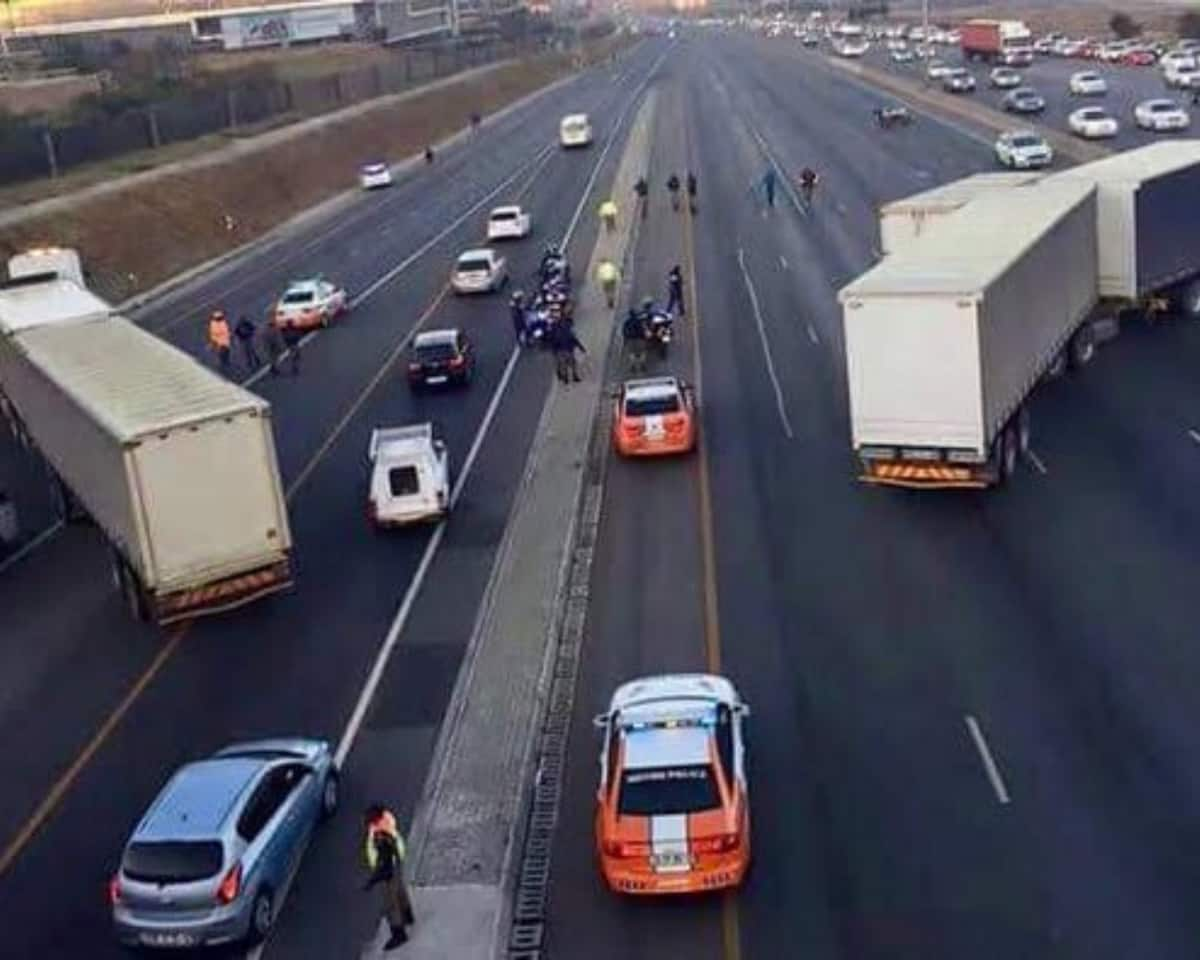

On Sunday, business lobby groups released a joint statement urging the government to act immediately to speed up talks with the union and prevent further damage across industries. The Transport Ministry said trade volume at Busan Port, the nation’s largest, is estimated to have plunged more than 75 percent since the walkout, while other ports and logistics hubs also have seen some 10 percent fall in their cargo volumes. 31 this year, with parliamentary talks stalled largely due to resistance from businesses complaining about heightened financial burdens.Īccording to government estimates, some 27 percent, or 5,860 members, of the 22,000-strong Cargo Truckers Solidarity, under the wing of the Korean Confederation of Trade Unions, are participating in the weeklong strike, as of Sunday afternoon.Įspecially hit hard are industries like auto, steel and construction that heavily rely on truckers to secure a supply of key parts and materials. The interim system, adopted in 2020 as part of a revision to related laws, is set to expire in Dec.
#TRUCKERS STRIKE DRIVERS#
Drivers say that without the higher rate, they feel under pressure to drive dangerously fast to make ends meet. South Korea’s unionized cargo truckers continued their sixth day of a general strike on Sunday, posing a fresh threat to the local economy amid lingering woes over higher inflation and supply chain disruptions.Ĭargo truckers here began a nationwide indefinite strike on Tuesday, urging the government to extend a freight rate system that guarantees a basic level of pay.

Cars ready for export are stuck parked in Gwangmyeong, Gyeonggi Province, Sunday.


 0 kommentar(er)
0 kommentar(er)
